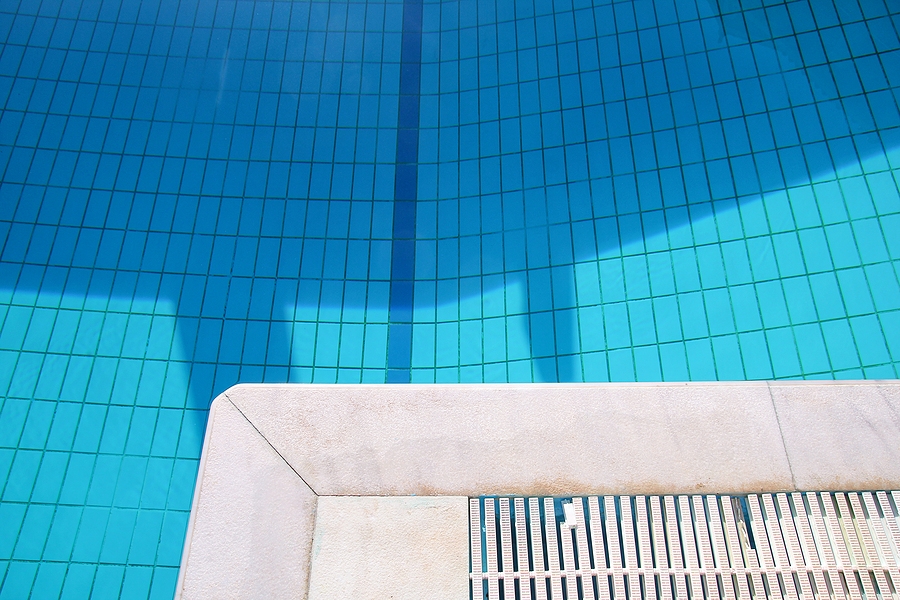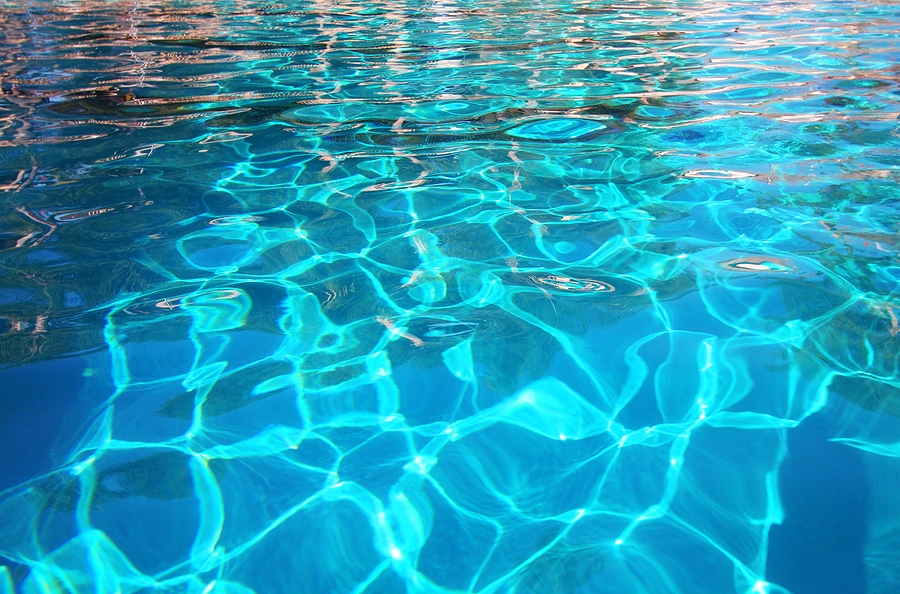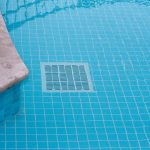Commercial Pool Maintenance : Understanding Cyanuric Acid
In the world of commercial pool maintenance you’ll hear words like water stabilizer, conditioner or even ‘pool sunscreen.’ But what do these refer to? The short answer is cyanuric acid. Cyanuric acid is a pool chemical that reduces the effects that UV light has on chlorine in pool water. Cyanuric acid is an effective water stabilizer but it does have some shortcomings. Getting a thorough understanding of the topic is essential for anyone who operates a swimming pool or spa.
What Is Cyanuric Acid?
Unless you’re in the business of commercial pool maintenance you may be unaware of the harmful effect UV light has on chlorine. UV light degrades chlorine at a fast rate, throwing off the chemistry of your pool water over time. Cyanuric acid helps prevent this degradation so you can maintain safe and sanity swimming conditions. Adding it to the water can make degradation four times slower. This can cut down on the time required to maintain the pool’s water quality and save you money on pool chemicals.
Disadvantages
Cyanuric acid is a useful and powerful way to slow chlorine degradation, but it does come with certain shortcomings. For one, it will never fully leave the pool water. This could be seen as a positive that you don’t need to constantly reapply the chemical to the water. However, excessive buildup of cyanuric acid can cause water quality issues. If you want your water to be free of the chemical, freshwater replacement would be the way.
Chlorine Efficacy
When it comes to commercial pool maintenance, you want all of your chemicals to be as effective as possible so the water is safe and sanitary. Unfortunately, cyanuric acid reduces the efficacy of chlorine when the levels get too high. Optimal cyanuric acid levels are 30-50 ppm. It can even negate the effects of chlorine entirely if the levels are high enough. Without effective chlorine, algae and other pathogens can flourish in the water, causing serious sanitation issues. High cyanuric acid can also contribute to water clarity issues. Commercial pool maintenance professionals must keep cyanuric acid levels under control by applying the chemical properly.
AFR Incidents
While we don’t like to talk about it too much – fecal accidents are not a rare occurrence in swimming pools. So often, in fact, that the term Accidental Fecal Release (AFR) was created. In the event of an AFR incident, cyanuric acid can substantially slow down the decontamination process. Chlorine is used to decontaminate a pool after AFR, with cyanuric acid-reducing its efficiency, the process is more time consuming and may even require fresh water replacement.
Cyanide
While this isn’t an extremely common occurrence, it is a hazard worth mentioning. Cyanuric acid can potentially create a poisonous chemical reaction that creates cyanide if the conditions are right in the water. Cyanide is extremely dangerous and would require complete and careful drainage and refilling of the pool before swimmers get anywhere near it.
Commercial Pool Maintenance Professionals
You can learn more about this topic and much more by becoming a Certified Pool Operator (CPO®). The CPO® certification class is a great start to becoming a pool expert. Pool Operation Management’s award-winning CPO certification courses train you how to properly operate a swimming pool.
Our two-day courses offer a wealth of information and training in everything from pool chemicals, to energy conservation to surface water removal. If you have no interest in learning, we can take care of the maintenance with both residential and commercial pool maintenance services! For the very best in everything related to pools, contact us today.








